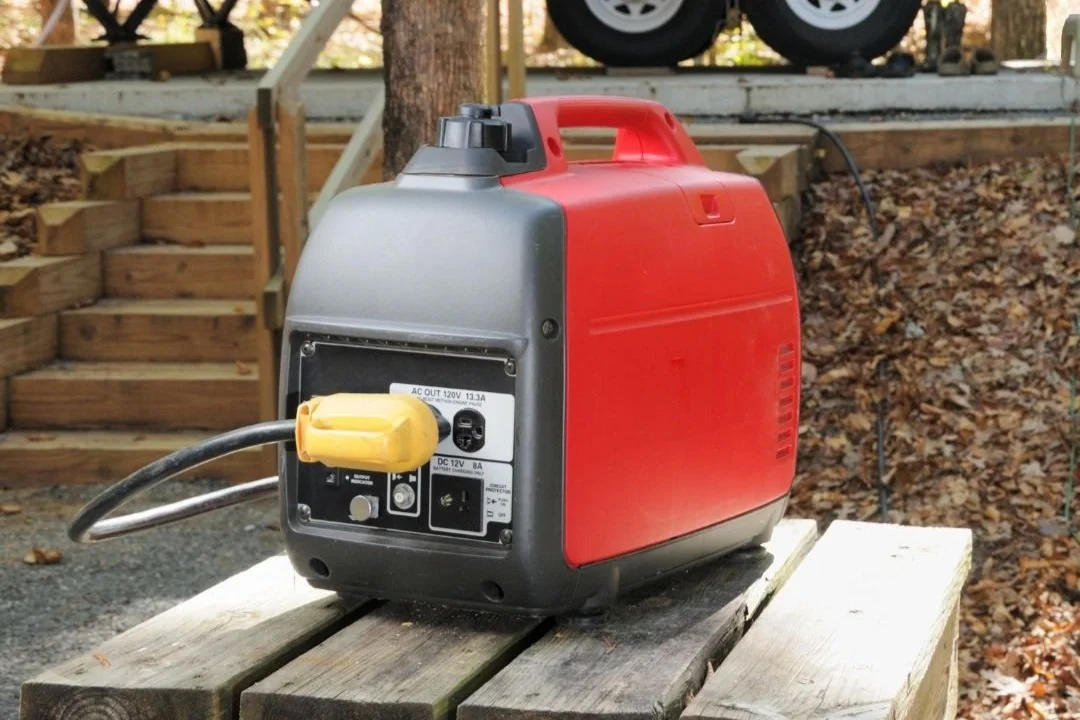Portable vs. Standby Generators: What’s Right for You
Power outages can quickly turn from slight inconveniences to significant life disruptions.
To safeguard against unexpected blackouts, many homeowners are turning to generators as reliable backup power sources.
This leaves them with a decision to make: a portable or a standby generator.
When making this decision, it’s best to start by calculating your home’s wattage (W) requirements—this is how generator power is measured.
You should also keep in mind that starting up an appliance requires much higher wattage than continuous power.
Portable Generators vs. Standby Generators
Portable Generators
Portable generators are small, versatile, and commonly used for various applications like camping, construction, or outdoor events.
In a house, it can run a number of smaller to a limited number of larger appliances depending on overall wattage, which can range from 3,000 to 13,000 W in most cases.
Pros
Portability: The key advantage of portable generators is their mobility, allowing users to take them wherever backup power is needed.
Cost-Effective: Portable generators are generally more affordable than standby generators, making them an attractive option for budget-conscious homeowners with minimal power requirements.
Easy Maintenance: They have straightforward maintenance requirements and are easy to store when not in use.
Cons
Limited Power Output: Due to their smaller size, portable generators provide lower power capacity, restricting their ability to support few high-energy-demand appliances. This means calculating start-up versus running wattage requirements is a must. Running the AC alone can require around 6,000 W of power.
Manual Setup: During power outages, users must manually set up and connect the generator to appliances, which can be cumbersome in adverse weather conditions. Users may also have to rotate which appliances are connected if the power requirements are too great.
Limited Runtime: Portable generators typically have smaller fuel tanks, leading to shorter runtimes before requiring refueling.
Standby Generators
Standby generators are permanently installed outside the home and connected directly to the home’s electrical system.
These generators range from 10 to 24 or more kilowatts (KW) and can power entire homes without an issue.
Pros
Automatic Operation: Standby generators provide a hands-free experience during power outages. They automatically detect power loss and start within seconds, offering uninterrupted and monitorable power to the household.
High Power Capacity: With their larger size and capacity, standby generators can support heavy-duty appliances such as air conditioning units, water heaters, and kitchen appliances simultaneously. There are no calculations or appliance rotations necessary.
Long Runtime: These generators are typically connected to a permanent fuel source, such as natural gas or propane, ensuring an extended runtime without the need for manual refueling.
Cons
Higher Cost: Standby generators come with a higher upfront cost, including installation expenses, due to their permanent integration and more substantial power output.
Professional Installation: Installing a standby generator requires professional assistance to ensure safe and efficient operation.
Space Requirements: Standby generators take up more space on the property, which may be a consideration for homeowners with limited outdoor space.
Standby Generators: A Better Choice for Homes
Home Size and Energy Demands
Standby generators are better suited for larger homes with higher energy demands.
If you have a sizable household with multiple appliances and electrical devices, a standby generator can power all essential circuits simultaneously, keeping your family comfortable during an outage.
Convenience and Automation
Standby generators offer unmatched convenience and automation. Unlike portable generators that require manual setup, standby generators automatically sense a power outage and start providing backup power instantly.
For those who lack the physical capability or know-how to manually set up a portable generator, this is a lifesaver.
The automated process of standby generators is also especially beneficial if you travel frequently or are away from home during outages.
Extreme Weather Conditions
In regions prone to severe weather side effects and events, like hurricanes, blizzards, or wildfires, power outages can last for days or even weeks.
Standby generators, with their extended runtime and consistent power supply, can help maintain a comfortable living environment and prevent food spoilage during prolonged outages.
Home-Based Businesses
If you run a home-based business, a standby generator can be a lifeline during blackouts.
It ensures continuous operation of vital equipment and internet connectivity, minimizing disruptions to your business activities and preserving productivity.
The Best Generators & the Best Warranties
In summary, when choosing between a portable generator and a standby generator, it’s essential to consider your lifestyle factors and energy needs.
Portable generators offer mobility and affordability, making them suitable for specific applications.
For homeowners seeking a seamless, automated, and high-capacity power backup solution, standby generators are the superior choice.
Find a reputable group of local technicians, like New London Electric, certified to install the best generators for your home with the best warranties and financing options for your peace of mind.
New London Electric also offers an exclusive FREE 10-year warranty* with every Generac Generator installation.
Request your free Generac Consultation and claim your 10-year Generac warranty*!
*Terms and conditions apply. Call for details.





